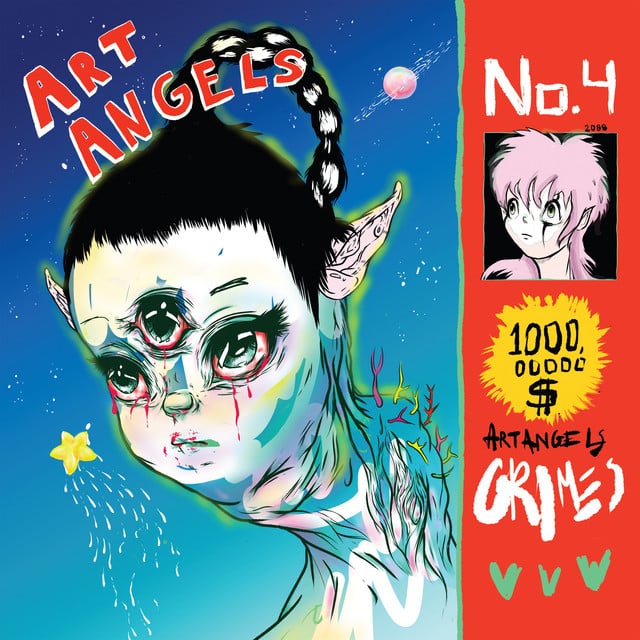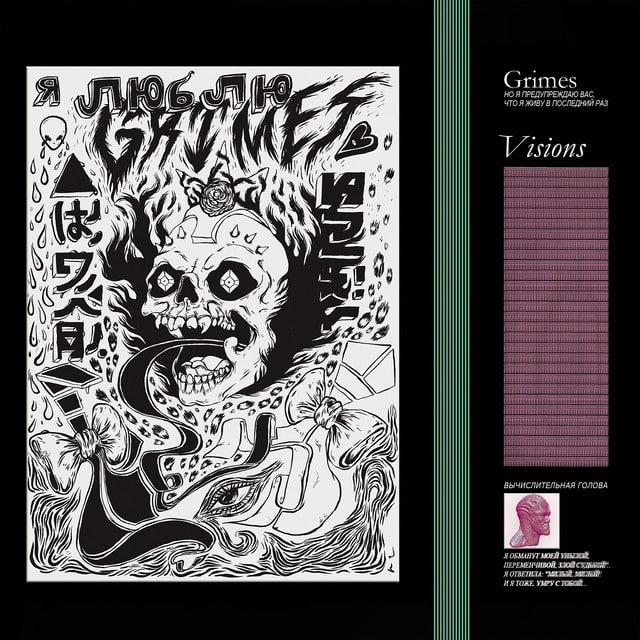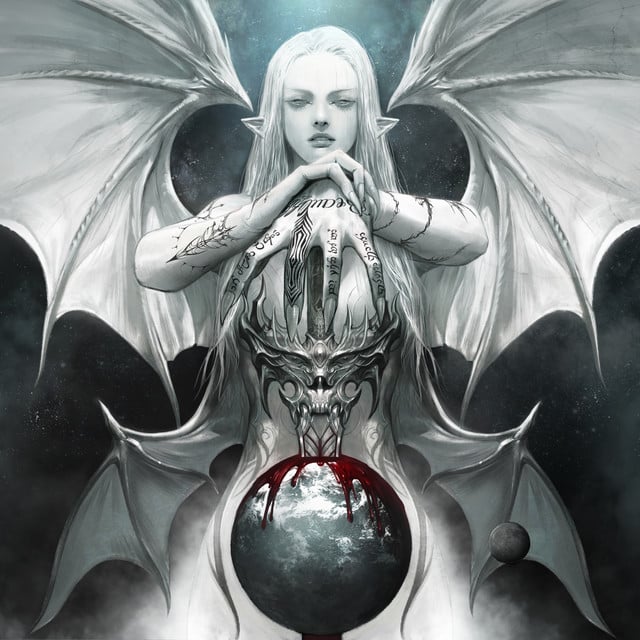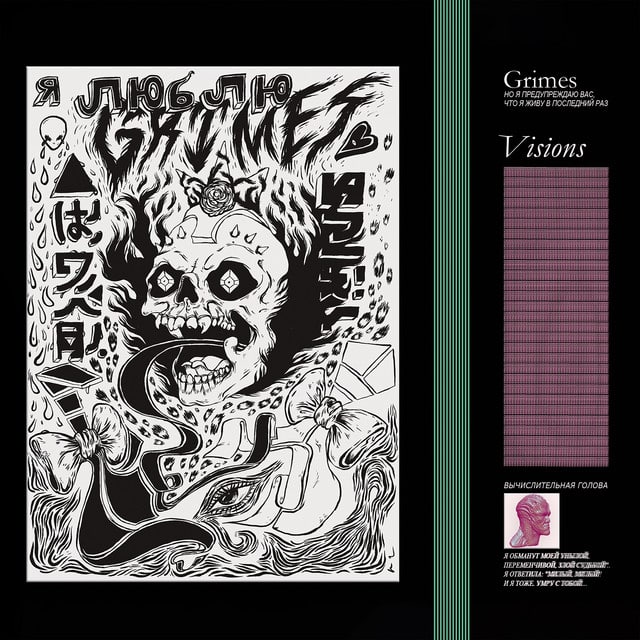Released: 2015
“Kill V. Maim” by electronica provocateur Grimes is a high-octane, punk-flavored anthem that challenges traditional narratives of power and authority. The song’s electric energy masks its more subversive themes, blending audacious personality with emergence from societal expectations.
The brash opening lines,”I got in a fight, I was indisposed / I was in despite all the wicked prose” sets up a backdrop of conflict. Grimes emphasizes her humanity and limitations with the repeated line, “But I’m only a man / And I do what I can.” This repeated self-description as “only a man” imbues the lyrics with gender-play and irony, central themes in Grimes’ work.
Her self-proclaimed ties to “friends in high places” and a declaration of being misunderstood – “I got in a fight but they don’t know me”— feeds into the narrative of an anti-hero. Despite the clear provocations, Grimes insists on her normality, albeit skewed by circumstance.
The refrain “B-E-H-A-V-E arrest us” suggests a rebellion against social norms. Coupled with the visual imagery of an “Italiana mobster looking so precious,” Grimes frames herself as a law-flanking rebel persona, playing with tropes traditionally associated with alpha masculinity. The chorus’s mantra-like repetition of “don’t behave” further fuels this rebellion.
The clear self-awareness in Grimes’ lyrics comes through in “I did something bad, maybe I was wrong / Sometimes people say that I’m a big time bomb.” It’s this acceptance of self-inflicted chaos contrasting with the desire to remain ‘good’ that maintains the song’s tension. The accusation “You gave up being good when you declared a state of war” is thus a subversion of the classic ‘good vs evil’ narrative, placing the blame on society’s judgment rather than the individual’s actions.
The refrain of “You’re goin’ to the party and you’re goin’ to the show” presents the societal facade people maintain, especially in contrast to the raw authenticity of Grimes’ anti-heroic persona.
The closing lines “The fire hurts alright / The people touch it / I can’t touch it, even though it’s mine” caps off the song with a stunning paradox. The fire here, a symbol of Grimes’ own power and non-conformity, injures its beholders, yet its creator remains unable to ignite it. This encapsulates a powerful image of the struggle and disconnect between personal identity and societal perception.
In summary, “Kill V. Maim” cleverly navigates a path of resistance against societal expectations, challenging norms and gender constructs with an unapologetic fervor. Grimes exudes a powerful yet vulnerable persona, solidifying her status as one of pop’s most dynamic, boundary-pushing stars.








